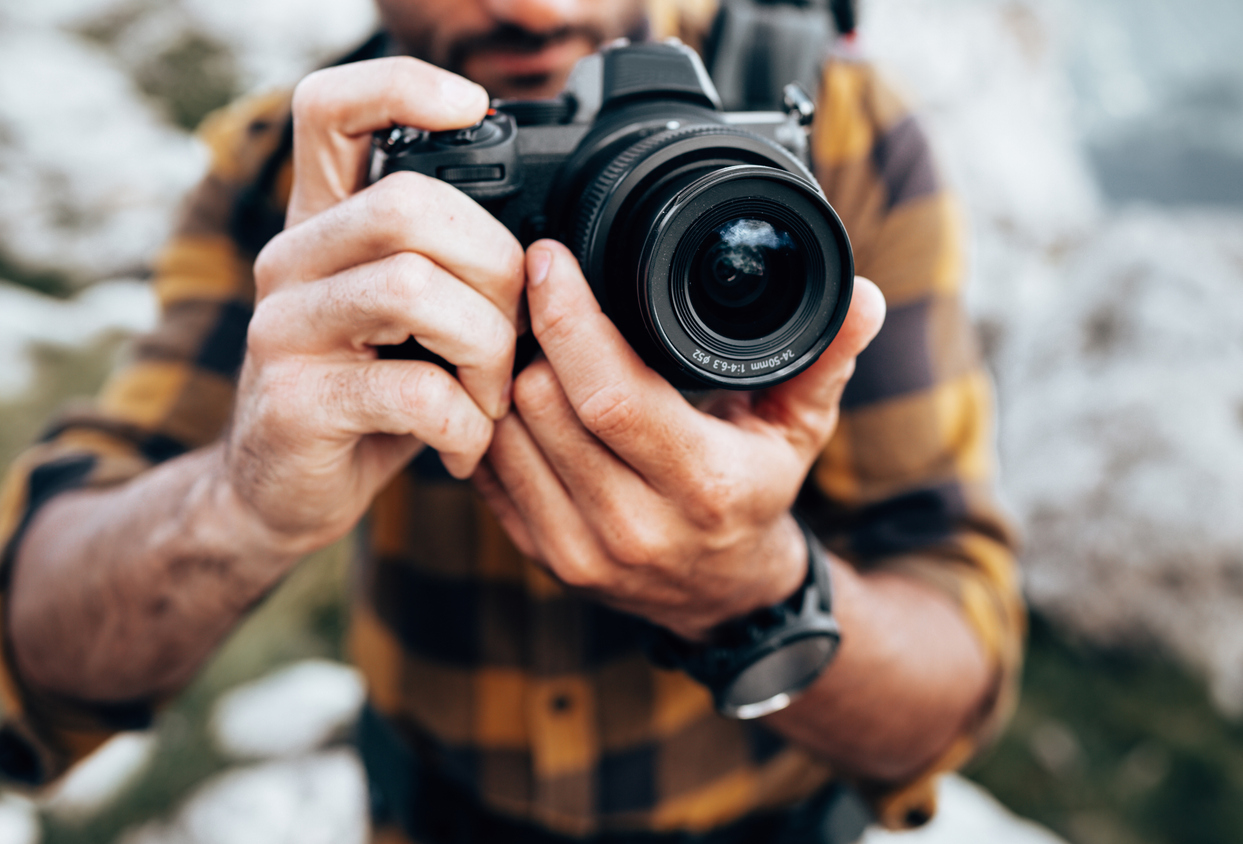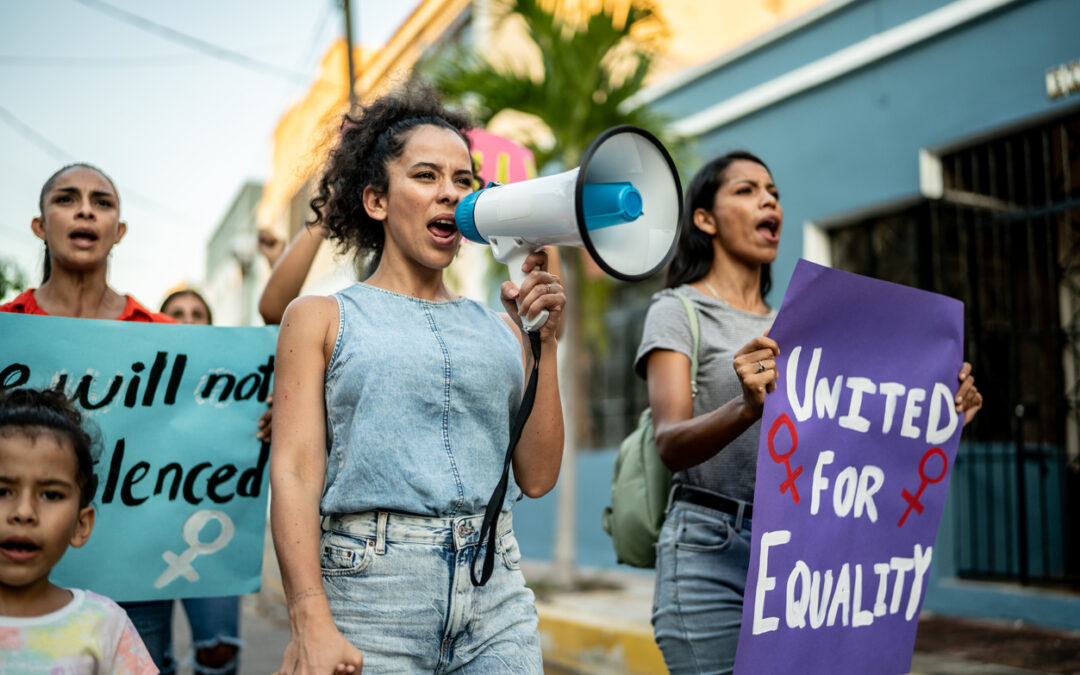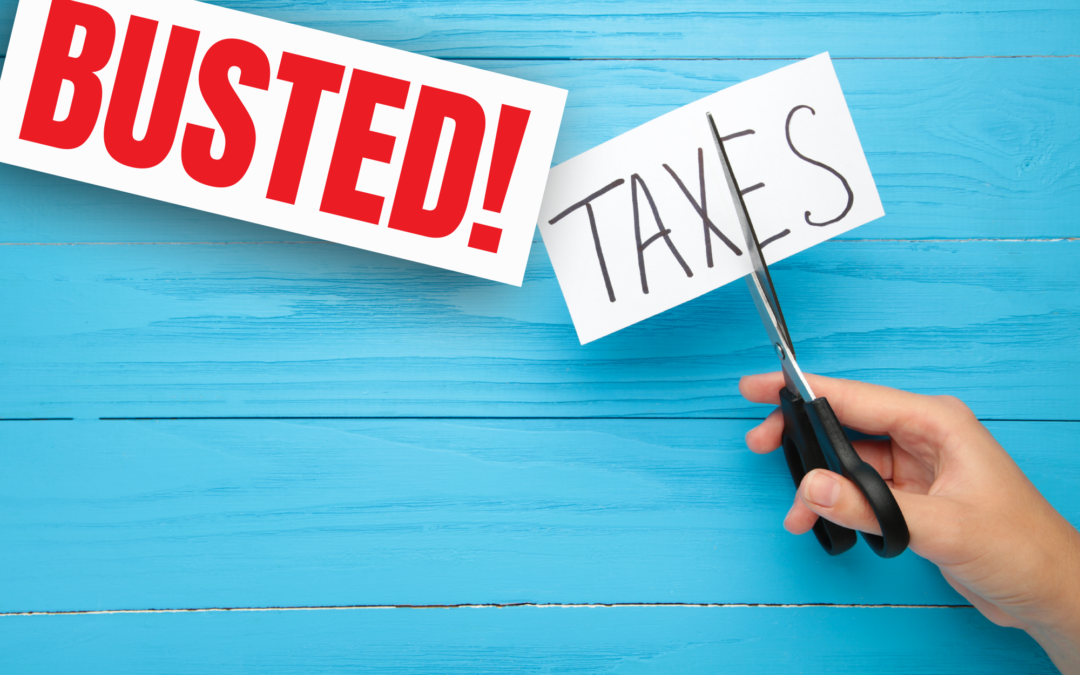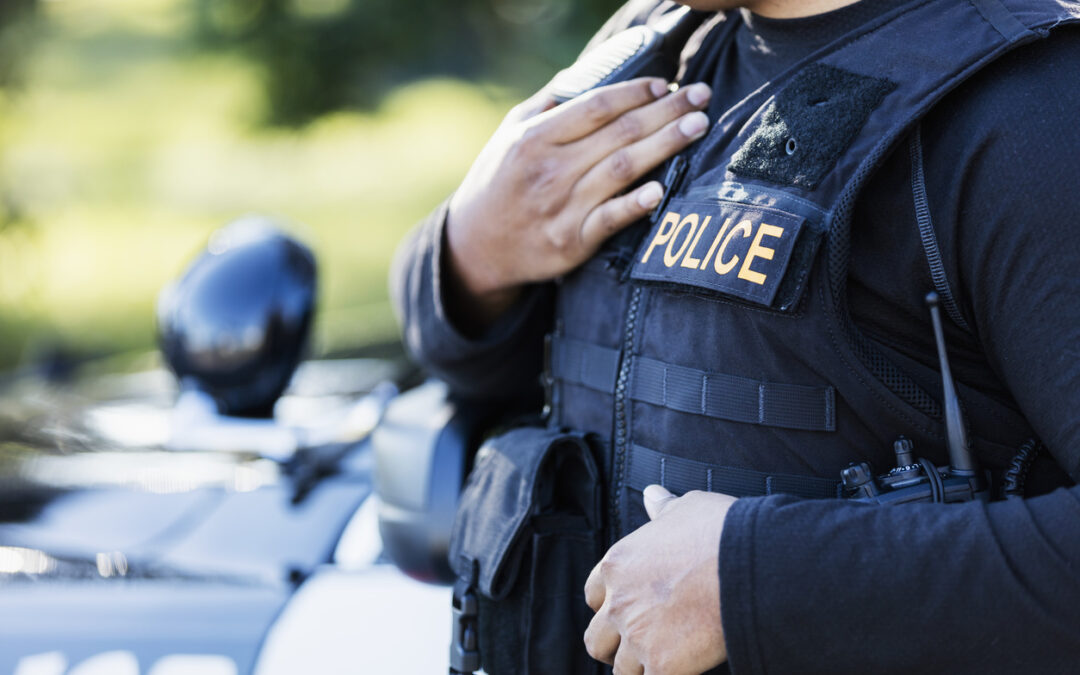
Do I Need to Give Consent to Be Photographed?
Have you ever had someone take your photograph and you didn’t want them to? Were they in the wrong? Short answer: it depends. It all starts with the First Amendment and Freedom of the Press, but hold on, I’m still talking about personal photos here. Let’s dive in to how we arrive at when it’s legal to photograph other people without their consent.

The 45 Words of Freedom
The First Amendment says, “Congress shall make no law respecting an establishment of religion or prohibiting the free exercise thereof; or abridging the freedom of speech, or of the press; or the right of the people peaceably to assemble, and to petition the Government for a redress of grievances.”
Why Was Freedom of the Press Included in the First Amendment?
The nation’s founders had experience with a king and his expected benevolence — and what could happen when things didn’t work out. So, they provided three branches of government to balance each other, along with periodic elections and the rights for us to assemble and seek change when we think things have gone astray. All fine, but how do we know what our government is doing, how well it is operating or whether our elected officials are up to the job?
Our forefathers knew that the people would need to be informed by some manner not controlled by that same government. “Our liberty depends on the freedom of the press, and that cannot be limited without being lost,” Thomas Jefferson wrote to a friend in 1786. James Madison, the principal author of the First Amendment and the rest of the Bill of Rights, called a free press “one of the great bulwarks of liberty.”
Protected by the First Amendment, a free press means our government answers to the people. An independent news media uses its watchdog role to investigate and report on government overreach and wrongdoing and hold those in power accountable for their actions. Democracy won’t work without a “government watchdog.” A free press that the government cannot regulate or restrict which offers independent reporting to the benefit of the rest of us. You are probably asking, “OK, but what does this have to do with someone taking photos of me?” It’s all related. Read on.
Who is the Press?
With social media being such a prevalent means of disseminating information in modern society, “the press” is changing and it’s a little bit of a gray area. We all understand that “mainstream” media, such as broadcast stations, newspapers and magazines enjoy the freedom of “the press,” the line gets blurry in cases involving underground newspapers, freelance writers, and pamphleteers. The 2nd U.S. Circuit Court of Appeals, for example, has said that First Amendment protections extend to “every sort of publication which affords a vehicle of information and opinion.” The line gets even blurrier when you consider social media and how any of us can be considered the press now.
Let’s look at one case from Des Moines, Iowa wherein the judge, Chief U.S. District Judge Harold D. Vietor, stated that itt is not just news organizations who are protected under First Amendment rights to make and display videotapes of events — all of us have that right. In that case, Beau Lambert was in the “loop” area of downtown Des Moines, Iowa, with his video camera. He was hoping to capture something newsworthy that he could sell and, as fate would have it, he recorded a street fight that proved fatal to one of the participants. The tape was either taken by or given to the police (accounts vary) and not returned. Lambert ended up filing suit in federal court claiming, among other things, that his First Amendment right to “gather and broadcast news” was violated. Chief U.S. District Judge Harold D. Vietor agreed with Lambert. Law enforcement taking the tape “clearly violated his First Amendment right to display the tape and disseminate it in any way he wishes” the judge wrote, adding, “It is not just news organizations … who have First Amendment rights to make and display videotapes of events — all of us, including Lambert, have that right.”
What Does That Mean for Bloggers and You Tube Channels?
Because Bloggers and You Tube Channels are published media and they disseminate information to the public they have the same rights to photograph that “the press” is afforded. If you watch any First Amendment auditors on You Tube, you will see the auditors enter a government building where the foyers, lobbies, etc. are open to the public, even though other areas may be restricted. They test the public knowledge of their First Amendment freedom of press right to film or photograph in public spaces. If you do watch these auditors, you know that law enforcement is often called because the employees of the location often have a visceral reaction to being photographed. Most of these videos finish with the responding law enforcement eventually conceding that the auditors have the right to photograph in and from public spaces and they leave. Some of these documented audits have resulted in lawsuits.
What About Filming Law Enforcement?
Law enforcement officers have been known to tell people to stop taking photographs, but it is every person’s right to record the police performing their duties. When the public videotapes law enforcement performing their duties, it creates a check and balance. The video serves as an independent, unbiased record of what took place in an incident. It is no accident that some of the most high-profile cases of police misconduct have involved video and audio records that bystanders have taken.
Let’s move on to taking photographs of people without their consent.
Expectation of Privacy and Trespassing
There is no expectation of privacy in public. Taking a photo of a person in public or who is viewable from a public space is not illegal. Generally, any publicly viewable areas like yards are fair game, which is how companies like Google can record their Street View images across the United States. Those images are taken from public roads, which is the qualifier that makes it a legal action.
Taking photographs and video of anything that is in plain sight in public spaces is a constitutional right—and that includes pictures of people, government buildings, transportation facilities, police, and other government officials carrying out their duties.
If you go onto private property to take a photo, the property owner may set rules about the taking of photographs, such as in concerts and theaters. If you disobey the property owner’s rules, they can order you off their property and have you trespassed if you do not comply. Although citizens have broad rights to record their government, there are limits that can be imposed. If the behavior of the photographer interferes with the operation of government or the ability of other members of the public to use a public facility, the photographer may be removed from that public property.
Can Someone Take Pictures of Me Without My Consent?
The right to privacy is an important legal right. Privacy is defined as “the state or condition of being free from being observed or disturbed by other people.” But the right to privacy does only applies if that person has “a reasonable expectation of privacy,” and there is no expectation of privacy when a person is in a public place or somewhere a person can be seen by others from a public place. Keep in mind that all “public” spaces may not be public property—places such as shopping malls, theaters, amusement parks, airplanes, trains, and hotels, for example, are private. Having said that, when was the last time you went to an amusement park and had to ask permission to photograph your family?
Can Someone Take Pictures of My House Without My Consent?
A person can take a picture of the outside of a home if it is taken from a public place. Meaning, if someone is standing on a sidewalk (public) or a street (also public) they can photograph whatever their eyes can see. That’s because there is no reasonable expectation of privacy in public.
If the exterior of your home is visible from the street, anyone is free to photograph your home. In fact, they can even photograph the interior if they can see it from a public space, but they cannot employ special lenses or instruments to see any more than their naked eyes could see. Ultimately, it’s up to the homeowner to create a level of privacy, such as a fence, window blinds or curtains.
That said, there are several exceptions that may apply regarding the legality of taking pictures of someone or their home. For instance, it may be trespass if you fly a drone over a property for the purpose of taking photos or extend a camera over a fence that was probably installed to create privacy. If your neighbor installs a camera on their fence which records your pool and master bedroom, they may be violating your right to privacy. Or it could be deemed harassment if the intent of taking photos is to annoy or harass. Additionally, if there is a voyeuristic purpose, which can generally be thought of as capturing images of private activities for the purpose of sexual gratification, that is likely to be an offence under the NSW Crimes Act 1900, regardless of where the photographer was when they took the photo.
Is Photography Allowed on Private Property?
The public has an implied right to be on the public portions of private property, such as in a restaurant or a stadium. However, that implied right does not extend to private areas of public accommodations, such as offices, restaurant kitchens, and controlled entry areas, or areas marked as “restricted” in buildings. Additionally, the owner of a venue may also restrict photography if they choose to. You will often see a “No Photography” sign at many concert venues or art galleries. If the space is privately owned, the owners are permitted to impose that restriction.
There is an assumption that people will respect one another and do the right thing, but while we work through changes in society, technology, and how we communicate, we should all acknowledge that a free and independent press, which extends to all of us, is fundamental to a democratic society and allows us to live with liberty.

The Lives of Women Advanced Substantially After Roe v. Wade Was Passed
The Lives of Women Advanced Substantially After Roe v. Wade Was Passed Let’s go back to 1970, three years before the Roe v. Wade decision. The average age for women at first marriage was just under 21 in the U.S.Julianna Truesdale Let’s go...

Foreign Aid: The Misunderstood Perception of America’s International Contribution
Foreign Aid: The Misunderstood Perception of America’s Contribution Seventy-five years of American foreign aid has produced more fiction than fact when it comes to how U.S. tax dollars are spent.IMAGE: Rollingstone.com, Michele Eve Sandberg/ShutterstockJulianna...

Myth: Growth from Tax Cuts Makes Up Lost Revenue
It’s a common myth that reducing marginal tax rates would spur economic growth. The idea is that lower tax rates will give people more after-tax income that they will spend on goods and services. Is this myth true or false?

Defunding the Police Does Not Mean There Won’t Be Any Police.
As protests over police brutality and systemic racism continue in the wake of George Floyd’s death, there have been growing calls to defund the police. But what exactly does that mean?

